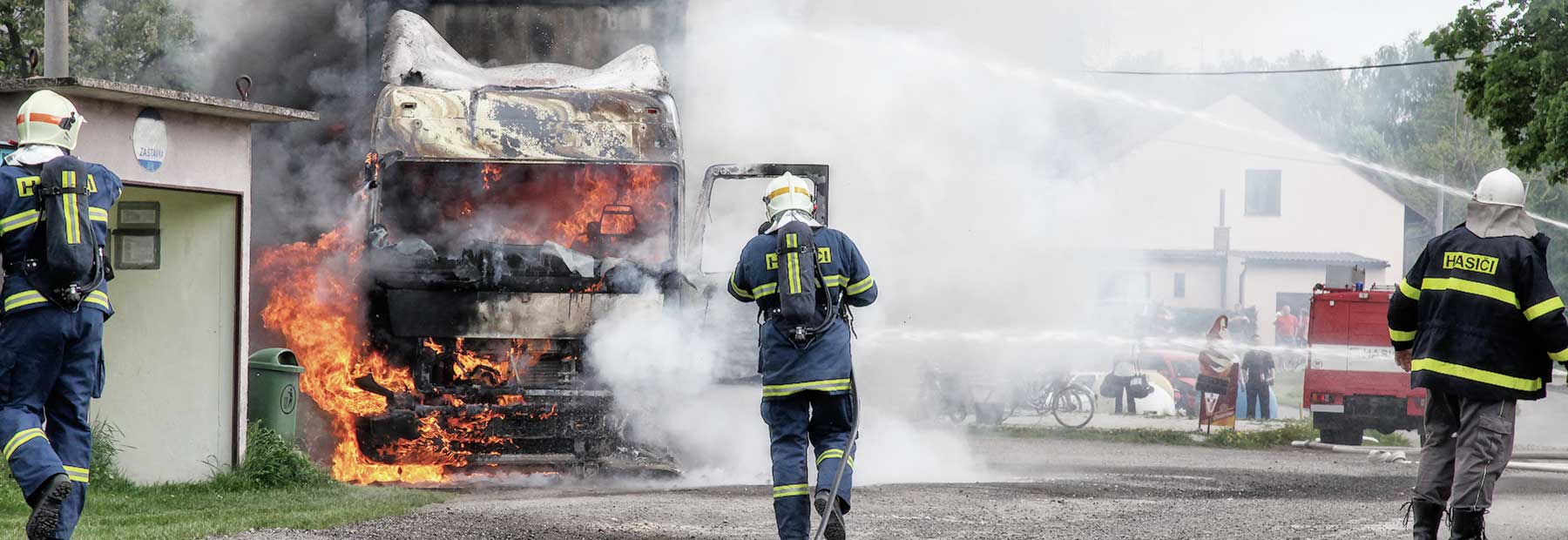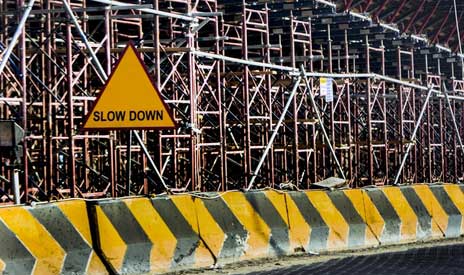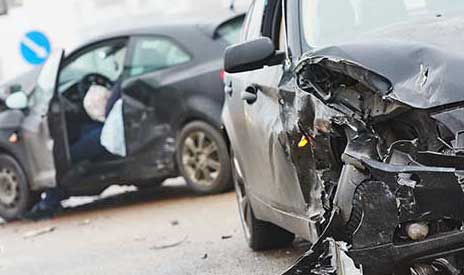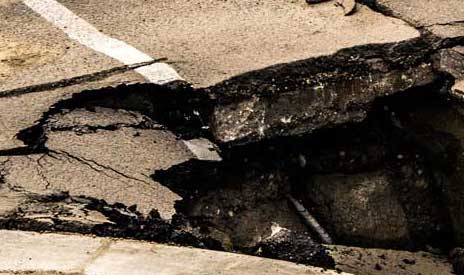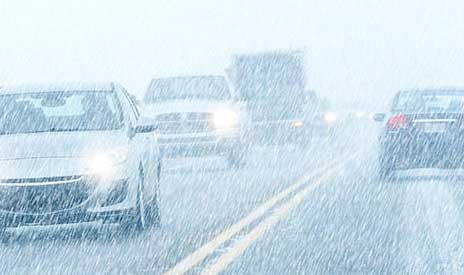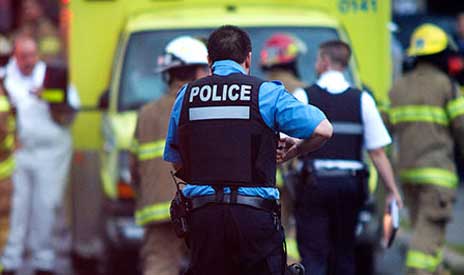Missouri Car Crash Burn Injuries
In November 2015, a Missouri-born woman died at University of North Carolina’s Burn Center. Four months earlier, she had been on a motorcycle with a friend, participating in a group ride, when a car struck from them from behind, rolled over them, and caught on fire, pinning them underneath.
Burn injuries in car crashes are usually severe, requiring long hospital stays and multiple medical procedures. Even with the best medical care at a burn center, some burn victims don’t survive, and grieving families are often left with significant medical debt.
If you or your family member suffered burn injuries in a crash, and you believe the other driver was at fault, you could be entitled to compensation that can cover medical care and lost wages. Find out if you have a case. Call Bley & Evans today to request your free consultation, at 844-443-8385.
Types of Burns
The George D. Peak Memorial Burn and Wound Center at the University of Missouri treats patients with severe burns, such as:
- Chemical burns – Caused by liquid, solid, or gas chemicals. In a car accident, gasoline may cause chemical burns.
- Heat/thermal burns – Direct contact with fire, steam, or hot automotive components causes heat/thermal burns.
- Friction – A friction burn is an abrasion. Motorcyclists are at high risk for this type of crash injury, which they refer to as “road rash.”
Airbags can cause both chemical burns and thermal burns in a crash, and hot gases expelled from the airbag can melt clothing against the skin. Thermal burns may occur because the airbag generates tremendous heat as it expands.
Treatment and Recovery
Severe burns covering more than 40 percent of the body cause changes throughout the body. One of those changes is a sharp increase in the body’s metabolism that can cause organ failure or death. Patients experiencing this condition – called hypermetabolism – must be given nutrients and protein far in excess of what they’d normally consume. If burns prohibit patients from eating, or if their digestive system isn’t functioning normally, they may be unable to take in enough nutrients to recover from their injuries.
Other changes may include higher body temperature, loss of muscle and bone mass, circulatory problems, and, in children, growth retardation. The liver may also grow significantly larger, which interferes with its ability to function.
Initial treatment for severe injuries may include surgeries called skin grafts. To perform a split-thickness skin graft, a surgeon removes healthy skin from one part of the body and secures it to the burned area. When burns have injured underlying tissue, a full-thickness skin graft may be necessary. That procedure involves removing skin and underlying tissue – sometimes from the chest wall or abdominal wall – to affix to the burned area.
When a skin graft is successful, the transplanted skin begins to grow. Sometimes, the graft won’t heal, or the surgical site becomes infected. In such cases, additional surgeries may be necessary.
Recovery from severe burns may require extensive hospitalization and rehabilitation. One study of burn patients admitted to intensive care units found the average hospital stay was around 23 days.
Psychological Impact of Burn Injuries
Long after burn injuries have healed, survivors may experience lingering psychological effects, such as post-traumatic stress disorder, depression, anxiety disorders, and sleep disturbances. All of those conditions are part of what’s called a trauma response, which is unique to every individual who experiences it.
In children and teens, trauma response may cause problems such as:
- Poor impulse control
- Persistent agitation and anger
- Poor performance in school
- Withdrawal from social relationships, or extreme attachment to parents
- Eating disorders.
Children and teens with visible burn scars may suffer additional emotional damage if they are taunted by peers. Ongoing counseling may be necessary to help young people overcome the psychological effects of burn injuries.
Financial Impact
The family of a St. Louis man who was severely burned in a 2016 car crash found it necessary to start an online fundraising page to help pay for his medical care. Even with good medical insurance, the cost of burn treatment may not be covered in full, and if ongoing physical therapy or psychological therapy is required, expenses can be unmanageable.
Adults who suffer a debilitating burn injury may be unable to return to work. They may qualify for Social Security Disability payments, but bills can pile up during the long wait for that first benefit check, and the money isn’t enough to replace one’s previous income.
If your car crash burn injuries are severe, don’t wait to get help. Request your free, no-obligation consultation today by filling out our online form or calling us at 844-443-8385. You may be entitled to compensation that can help you move on with your life.
